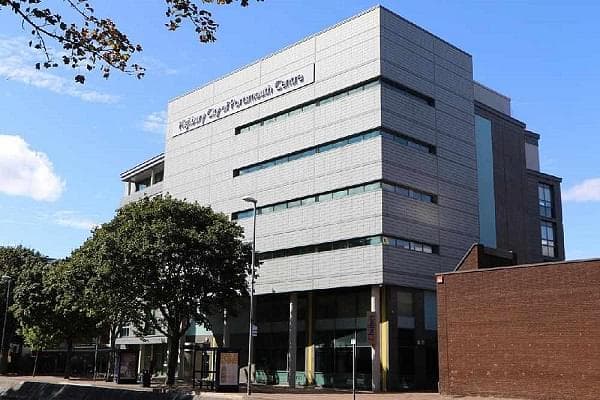BSc Hons Cyber Security And Forensic Computing With Placement at University of Portsmouth
Portsmouth, United Kingdom
- Tuition Fee £ 19,200
- Country Rank-
- Duration48 Months
- Score IELTS: 6 TOEFL: 79
Program Overview
Digital security breaches can bring down banks, hospitals and governments. But you can join the fight against cybercrime.
Investigate cyberattacks, expose flaws in security systems and stop hackers in their tracks. Use ethical hacking to secure the operating systems of global companies. Become an expert in malware forensics and cryptography in a world that relies on computing to thrive.
Cost Of Studying At University of Portsmouth
Interest rates as low as 8.9% *
250K+
Students Assisted
800Cr+
Loan Amount Disbursed
5000+
Loans Sanctioned
Check Loan Eligibility
Powered by
